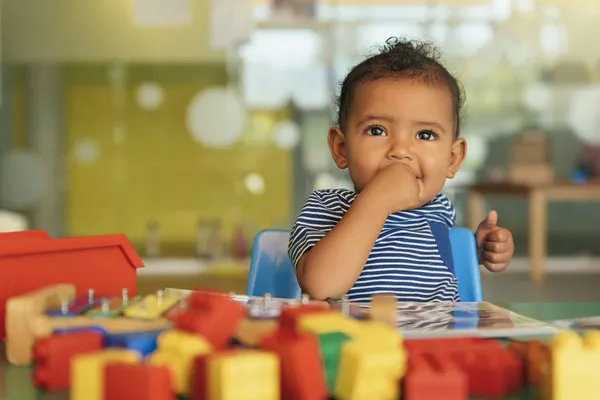Welcoming a newborn into your life is an exciting and joyous occasion, but it also comes with a list of preparations, including outfitting your little one with the right clothing. As a new parent, you might be wondering, “How much newborn clothes should I get?” The answer depends on several factors, including your baby’s needs, the climate in your area, and your laundry routine.
In this comprehensive guide, we will explore the aspects you need to consider when building your newborn’s wardrobe. From onesies to sleepwear and outerwear, we’ll break down the essentials and provide you with practical tips for ensuring your baby is comfortable, stylish, and well-dressed.
Let’s dive into the details of how many newborn clothes you should get:
1. Types of Newborn Clothing
To determine how much clothing your newborn needs, it’s essential to understand the various types of baby clothes available and their purposes.
a. Bodysuits/Onesies
These are the foundation of your baby’s wardrobe. Aim for 5-7 short-sleeved and 5-7 long-sleeved onesies to ensure you have enough for daily changes.
b. Sleepwear
For sleepwear, 2-3 sleepers with zippers or snaps for easy access during nighttime diaper changes are recommended.
c. Pants and Leggings
You’ll need around 5-7 pairs of pants or leggings to pair with onesies or tops.
d. Swaddle Blankets
Swaddle blankets are versatile and can also serve as burp cloths. Having 2-3 on hand is helpful.
e. Outerwear
Depending on the climate, 1-2 baby jackets or sweaters are advisable for outdoor outings.
f. Socks and Booties
Stock up on 5-7 pairs of baby socks or booties to keep those tiny feet warm.
g. Hats and Mittens
If your baby is born in a colder season, 2-3 hats and pairs of mittens will be useful for keeping your baby snug.
2. Consider Climate and Season
The climate in your area and the season in which your baby is born play a significant role in determining how many newborn clothes you need.
a. Warm Climates
In warmer regions, focus on lightweight, breathable clothing. You may need fewer layers.
b. Cold Climates
For colder regions, layering is key. Ensure you have enough warm clothes for your baby, including heavier sleepers and outerwear.
3. Laundry Frequency
Your laundry routine will also influence how many clothes you need for your newborn.
a. Frequent Laundry
If you plan to do laundry regularly, you can get by with a smaller wardrobe since you’ll have a chance to wash and reuse items.
b. Less Frequent Laundry
If laundry isn’t as frequent, having more clothing options can be helpful, reducing the pressure to do laundry daily.
4. Growth Spurts and Sizes
Keep in mind that babies grow quickly. Newborn-sized clothing typically fits babies up to 8 pounds. Consider having some 0-3 month-sized clothes on hand, as your baby may outgrow the newborn sizes sooner than expected.
a. Size Transitions
As your baby grows, gradually introduce larger sizes into the wardrobe to accommodate their changing needs.
b. Hand-Me-Downs and Gifts
Don’t forget that friends and family may provide hand-me-downs or gifts, which can supplement your baby’s wardrobe.
5. Special Occasion Outfits
While focusing on everyday clothing, don’t forget to have a special occasion outfit or two for memorable moments like baby’s first photoshoot or family gatherings.
a. Dressing Up
Consider one or two cute, dressy outfits for those special occasions.
6. Washing and Care Tips
Proper care and maintenance of your baby’s clothes are essential to keep them in good condition.
a. Gentle Detergent
Use a gentle, baby-specific detergent to wash your baby’s clothes, as baby skin can be sensitive.
b. Stain Removal
Treat stains promptly to avoid permanent marks on clothing.
c. Separate Loads
Wash baby clothes separately from adult laundry to prevent contamination.
Conclusion
Determining how much newborn clothes you should get involves considering the types of clothing, the climate in your area, your laundry routine, and the potential for size transitions. It’s essential to strike a balance between having enough clothing to meet your baby’s needs and avoiding overloading their wardrobe with items that may not be used.
By planning thoughtfully and keeping these factors in mind, you can ensure your newborn is comfortably dressed for all occasions while minimizing the stress of constantly doing laundry or dealing with clothing that no longer fits. Remember, the most important thing is to cherish those precious moments with your newborn, no matter how many outfits they have in their closet.


